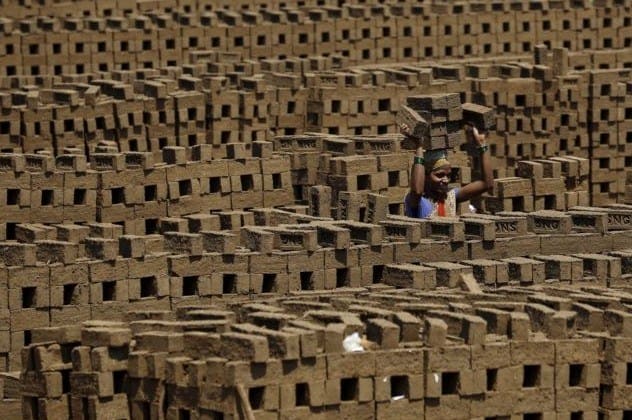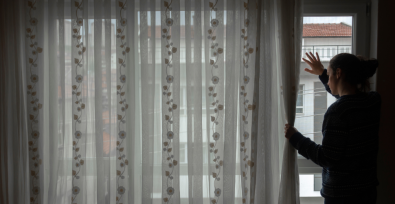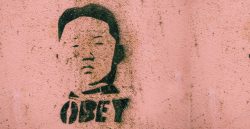Brick kilns, bonded slaves, and activists. Thanks to the work of activists in India’s western Maharashtra, thousands of brick kiln workers are becoming aware of their rights–a minimum wage and fair treatment. Yet, they continue to work for owners who refuse those basic rights…
These laborers for the most part are Adivasi tribals who have no land of their own. They work for half the year just to pay off debts. Sometimes their entire family works 14 hours each day for little or no pay. They are given minimum amenities and are given no days off. They also rarely know how much they owe to their their boss.
Ashok Jangale, director of Disha Kendra, says, “The government, the police think bonded labor is when someone is tied up in chains or locked inside a room. They don’t even acknowledge that these workers are bonded. We tell the workers they have a right to be paid, to not be beaten or abused, to have time off, to send their kids to school.”
India is home to almost half the world’s 36 million slaves, according to the 2015 Global Slavery Index compiled by the Australia-based Walk Free Foundation. Many Indians are duped into offering to work in farms, brothels and small businesses as security against a loan they have taken or a debt they have inherited. This is especially common in the construction industry, particularly in the unregulated sectors of brick-making and stone-quarrying.
A Bonded Labor Eradication Program coordinator explains, “The kilns themselves are mostly illegal, so keeping track of them is hard and they keep no records. There’s a lot of trafficking and bonded labor in the industry, but it is a profitable business and owners are usually politically connected, so the authorities turn a blind eye.”
To read the entire article, click the length below.







Freedom United is interested in hearing from our community and welcomes relevant, informed comments, advice, and insights that advance the conversation around our campaigns and advocacy. We value inclusivity and respect within our community. To be approved, your comments should be civil.